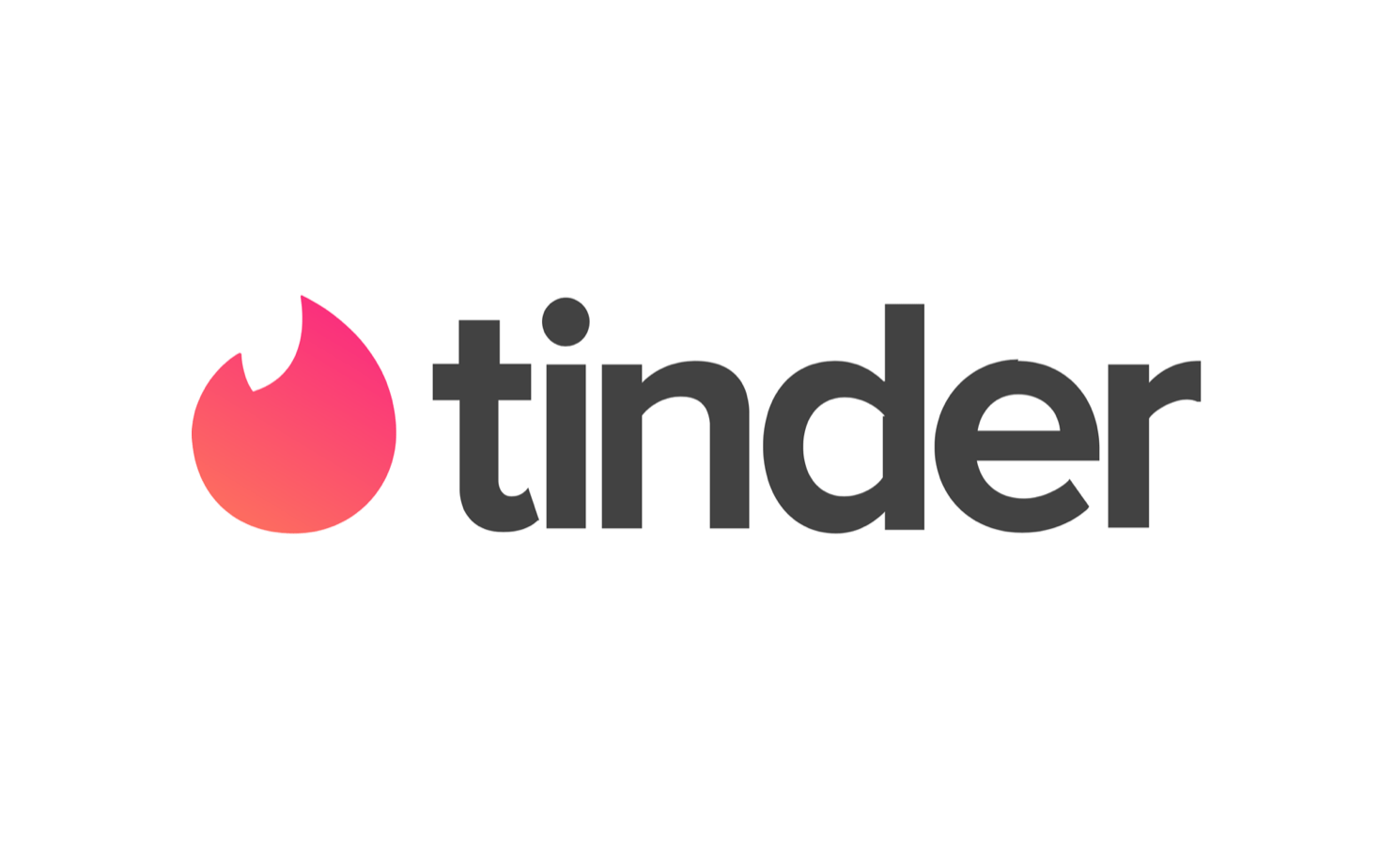Popular dating apps Tinder and Grindr are sharing the personal data of their users to third parties in breach of EU regulations, a Norwegian consumer rights group said on Tuesday.
A new report by the Norwegian Consumer Council (NCC) details how Grindr, which markets itself as the “world’s largest social networking app for gay, bi, trans and queer people,” shares the GPS data, IP addresses, ages and genders of its users with a multitude of third-party companies to help them improve advert targeting.
According to the government-funded non-profit organisation, the sharing of this data implicitly discloses users’ sexual orientations.
The report, titled Out of Control, examines the collection and use of personal data by 10 popular apps and concludes that the advertising industry is “systematically breaking the law”.
“Every time you open an app like Grindr, advertisement networks get your GPS location, device identifiers and even the fact that you use a gay dating app,” said Austrian activist Max Schrems in a statement issued by the NCC.
“This is an insane violation of users’ EU privacy rights.”
The dating app Tinder is also accused of sharing user data with at least 45 companies owned by the Match Group, which operates a dating website of the same name.
The report also criticised other applications, such as:
- Qibla Finder, which orients Muslims towards Mecca for prayer;
- Clue and MyDays, used for monitoring fertility periods; and
- My Talking Tom 2, a children’s app.
Some 20 months since the EU’s General Data Protection Regulation took effect in May 2018, “consumers are still pervasively tracked and profiled online,” the report said.
Users “have no way of knowing which entities process their data and how to stop them,” it added. “Consumers have no meaningful ways to resist or otherwise protect themselves from the effects of profiling, including different forms of discrimination and exclusion.”
Grindr, which is owned by Chinese gaming company Beijing Kunlun Tech, did not immediately respond to a request for comment.
REUTERS
